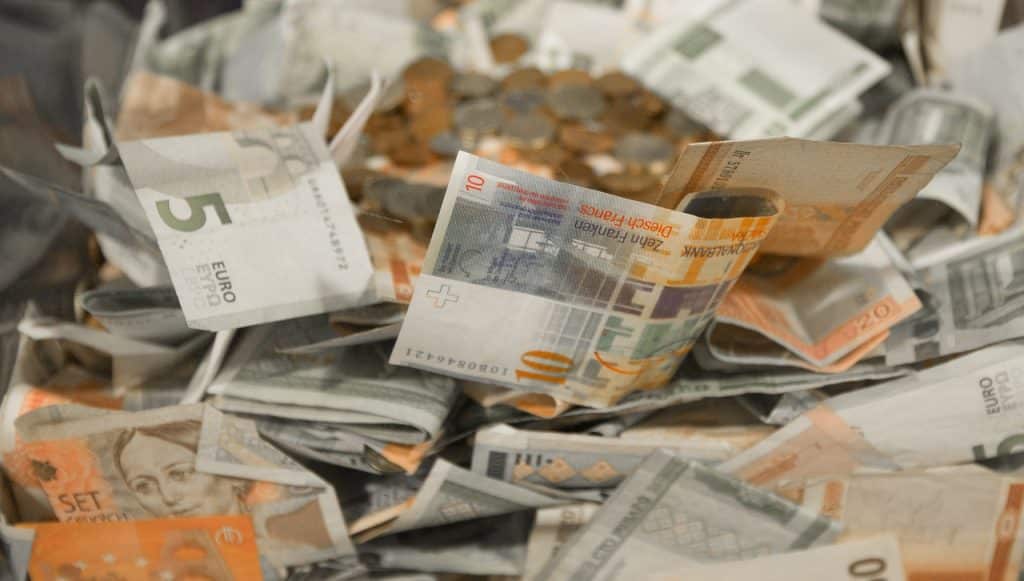Question:
How does scarcity determine the economic value of an item?
A. By the amount of goods that are produced
B. By the capital required to build the factory
C. By the unlimited wants of the consumers
D. By the resources consumed in production
Answer: D. By the resources consumed in production
In the vast economic landscape, a fundamental question arises: how does scarcity wield its influence on determining the economic value of an item? To unravel this mystery, we delve into the interplay of resources consumed in production, exploring the nuanced dynamics that govern economic worth.
Understanding Scarcity
Definition
Scarcity embodies the essence of limited supply and availability, extending its reach across products, services, and opportunities. The scarcity of economic inputs—be it land, labor, capital, or entrepreneurship—is inextricably tied to demand. As demand outstrips supply, scarcity intensifies, casting a pivotal role in shaping economic landscapes.
Resource Economics
In the economic theater, the dance between demand and supply choreographs the monetary value of a resource input. When a resource is abundant, with demand lagging behind, its economic value tends to be modest. Conversely, when demand eclipses supply, a resource transforms into a valuable commodity, its worth amplified by the scarcity-driven hunger for its limited availability.
The Scarcity Principle
Unveiling Psychological and Economic Dynamics
1. Higher Perceived Value:
- The economic value of a product or service often transcends its intrinsic worth. Exclusivity and urgency, byproducts of scarcity, inflate the perceived value beyond the tangible reality.
2. Heightened Motivation:
- Scarcity begets a sense of urgency. The fear of missing out propels potential buyers to swift action, intensifying both decision-making and acquisition behaviors.
3. Competitive Purchase Behavior:
- Scarce resources evoke competition among individual and group consumers. The allure of exclusivity drives a fervent desire to secure access to the limited resource.
Scarcity in Action: Creating Economic Value
Companies strategically harness scarcity to elevate the economic value of their offerings. Consider a scenario where a watch manufacturer produces a limited quantity of a specific model. The scarcity of these watches propels their economic value, as consumers clamor for a piece of the exclusive allure.
Collectibles, by nature, epitomize the fusion of scarcity and economic value. A selected few products earn the coveted title of collectibles, marked by limited supply, desirability, and often, historical or cultural significance.
In essence, the economic value of an item is intricately woven into the fabric of scarcity, where the rarity and exclusivity of resources dictate not only perceived worth but also the market dynamics that shape our economic landscape.

